Australia's sanctions on Russian oil have been found to contain a significant loophole, allowing the importation of millions of tonnes of Russian oil products through a port part-owned by Macquarie Bank. The revelation has exposed further gaps in government sanctions, as Australia lags behind the EU and the UK in tightening import rules.
According to recent data, Australia has imported over 3 million tonnes of Russian oil products since 2023, despite stopping direct purchases from Russia after its invasion of Ukraine. The oil products were traded through a port on Jurong Island in Singapore, where storage tanks are located. This port is part-owned by Macquarie Bank, a major Australian financial institution.
The data suggests that Macquarie Bank's involvement in the port has enabled the trade of Russian oil products, potentially allowing them to be sold on to Australian businesses. This has significant implications for the Australian market, as it undermines the government's efforts to isolate Russia economically.
The financial details of the trade are substantial. Over 3 million tonnes of Russian oil products were imported to Australia in 2023, valued at approximately $2.5 billion. This represents a significant portion of Australia's total oil imports, which stood at around 10 million tonnes in 2023.
The market impact of this loophole is substantial. Australia's sanctions on Russian oil were intended to isolate Russia economically and reduce its revenue from oil exports. However, the loophole has allowed Russian oil products to continue flowing into Australia, indirectly supporting the Kremlin's tax revenues. This has significant implications for the global oil market, as it undermines efforts to reduce Russia's economic influence.
Macquarie Bank is a major player in the Australian financial sector, with a significant presence in the country's banking and investment markets. The bank's involvement in the port on Jurong Island has raised questions about its role in enabling the trade of Russian oil products. Macquarie Bank has not commented on the matter, but the bank's involvement has sparked controversy in Australia.
The implications of this loophole are far-reaching. It highlights the need for Australia to tighten its sanctions on Russian oil and close the loopholes that allow Russian oil products to continue flowing into the country. It also raises questions about the role of financial institutions like Macquarie Bank in enabling the trade of Russian oil products.
In recent years, the global oil market has been subject to significant changes. The COVID-19 pandemic led to a sharp decline in oil demand, while the war in Ukraine has disrupted oil supplies. The Australian government's sanctions on Russian oil were intended to isolate Russia economically and reduce its revenue from oil exports. However, the loophole has allowed Russian oil products to continue flowing into Australia, undermining these efforts.
The future outlook for the Australian oil market is uncertain. The government's efforts to tighten sanctions on Russian oil will be closely watched, as will the response of financial institutions like Macquarie Bank. The implications of this loophole are significant, and it remains to be seen how the Australian government and financial institutions will respond to the controversy.



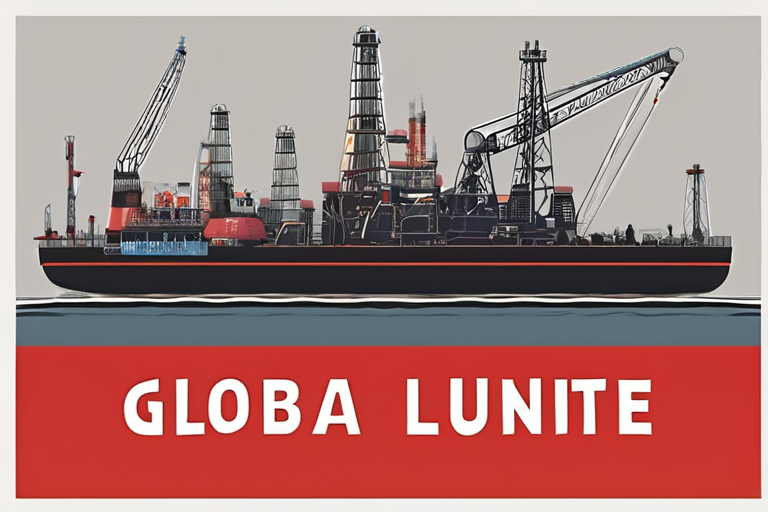

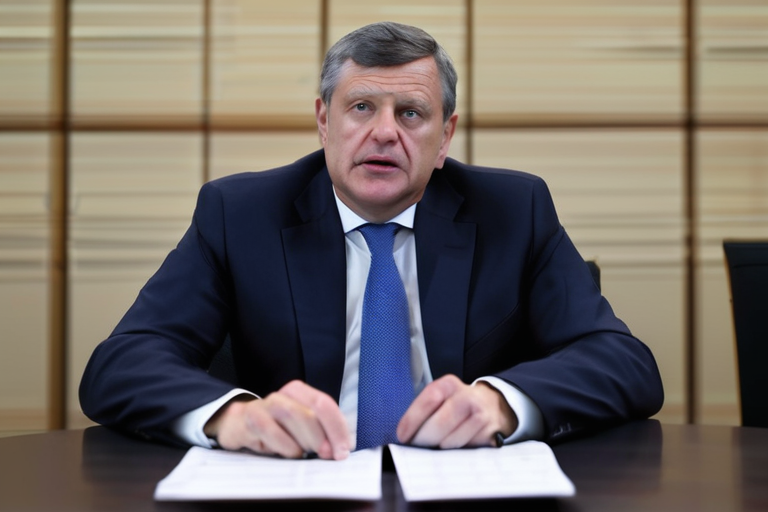



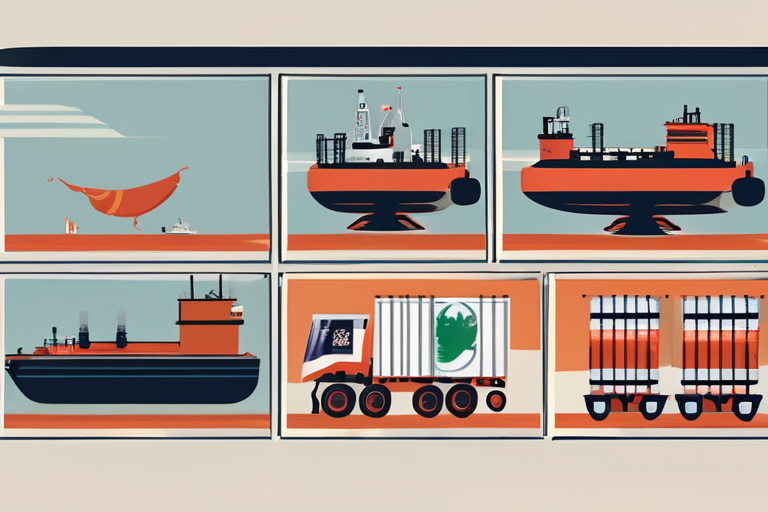









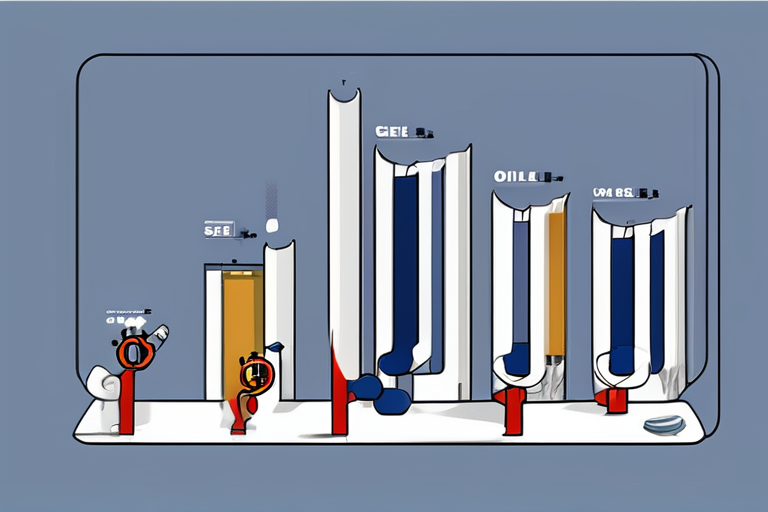


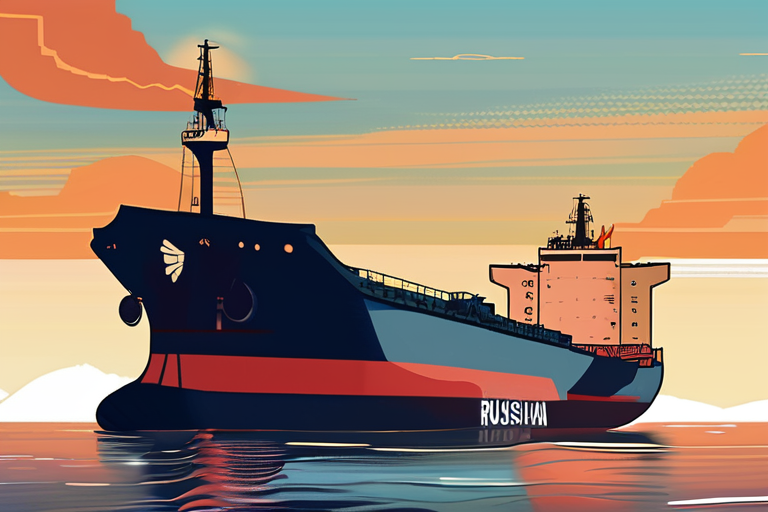

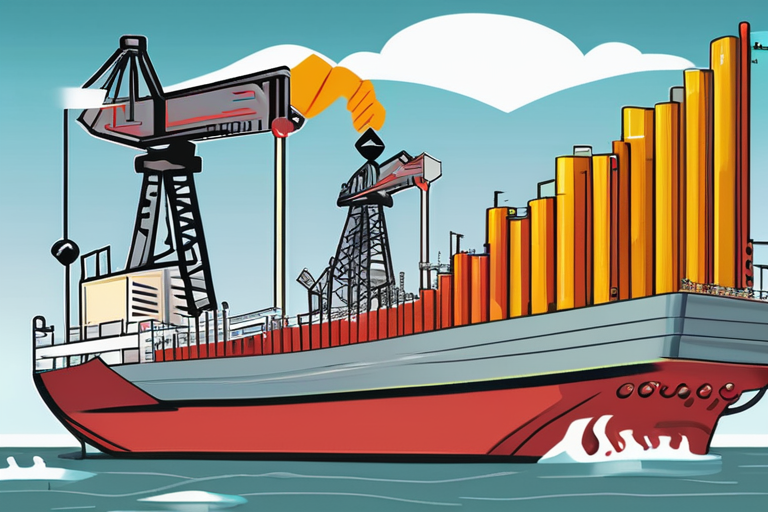

Share & Engage Share
Share this article